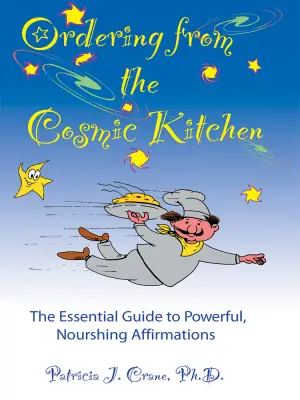Review of The Female Breeders: A Dystopian Novel (The Female Saga Book 1) by Melanie Bokstad Horev
When I stumbled upon The Female Breeders, I was instantly captivated by its provocative premise: a world where women hold supreme power, and men are relegated to a life of servitude and competition for breeding. As someone who often explores the boundaries of societal constructs through literature, this inversion of traditional gender roles promised to be both a thrilling read and an insightful commentary. Author Melanie Bokstad Horev, combining her background in molecular cell biology with her passion for storytelling, offers us a novel that is as thought-provoking as it is gripping.
At the heart of the story is Neen Salvek, a young scientist who embodies the cultivated loyalty to her society, EVE. What begins as a meticulously controlled existence in a matriarchal world quickly spirals into a harrowing awakening when she witnesses the brutality of the Arena Dome, where men are pitted against one another in life-or-death competitions. Meeting Tem, a fighter with his own haunting past, ignites Neen’s quest for freedom and challenges everything she’s been trained to accept. This bond between Neen and Tem serves as the emotional backbone of the narrative, unraveling the complexities of power, love, and rebellion.
One of the standout elements of Horev’s writing is her ability to create a sophisticated narrative that intertwines science fiction with deeply felt human emotions. The pacing is brisk, drawing readers into this disturbing society while maintaining an undercurrent of suspense. Through vivid descriptions and sharp dialogue, we are thrust into a world reminiscent of The Handmaid’s Tale and The Power, yet uniquely its own. As Neen navigates her moral dilemmas, the book poses vital questions about autonomy, oppression, and what it truly means to love in the shadow of tyranny.
Quotes from the book linger in my mind, particularly Neen’s reflection: “One choice could shatter a regime. One voice could start a revolution.” It encapsulates the transformative power of self-awareness and courage, resonating strongly in today’s sociopolitical climate.
Despite its compelling narrative, some elements of the world-building may raise eyebrows—particularly the lack of artificial insemination in a supposedly advanced society. Yet, rather than detracting from the experience, these quirks invite readers to engage with the text critically, sparking dialogue about realism in speculative fiction.
I wholeheartedly recommend The Female Breeders to fans of dystopian fiction and those intrigued by gender dynamics. The issues it addresses—control, rebellion, and the quest for identity—are universal, inviting readers to reflect on their own realities. For me, this novel was more than just a captivating read; it was an exploration of the fragility of systems of power and the resilience required to challenge them. As I close the cover on this first installment, I find myself eagerly awaiting the next chapter in the Female Saga—not just to see how Neen and Tem’s journey unfolds, but also to further explore the intricate tapestry of their world.
You can find The Female Breeders: A Dystopian Novel (The Female Saga Book 1) here >>






